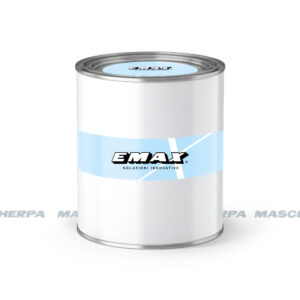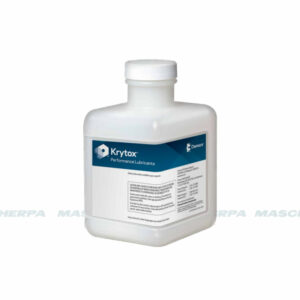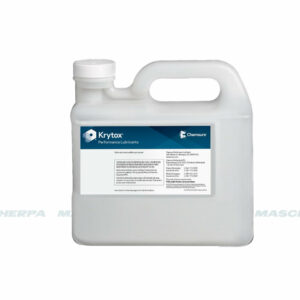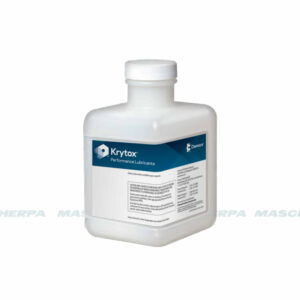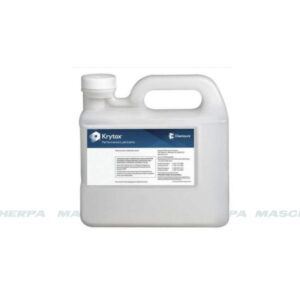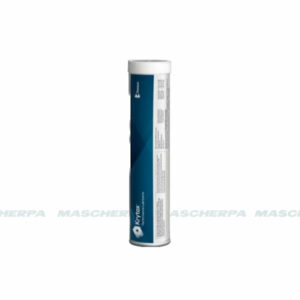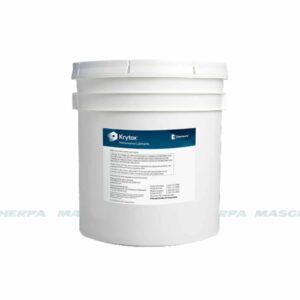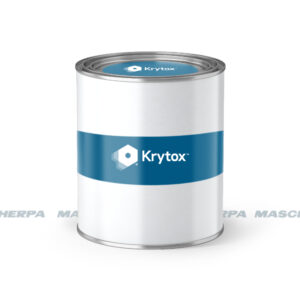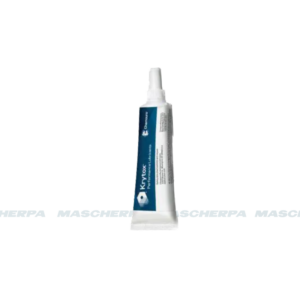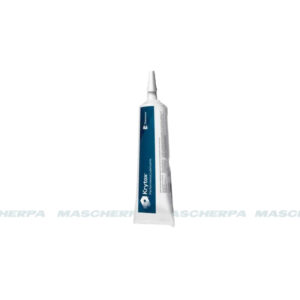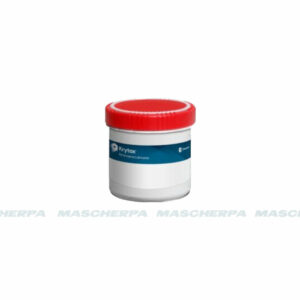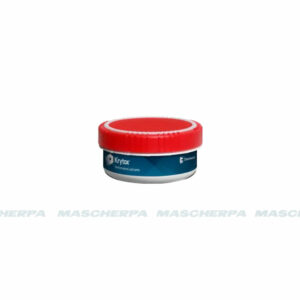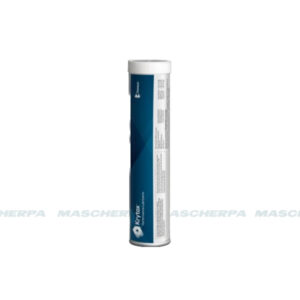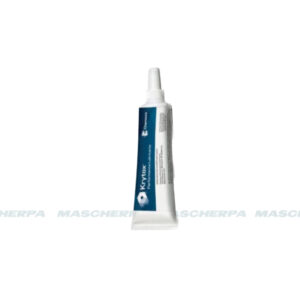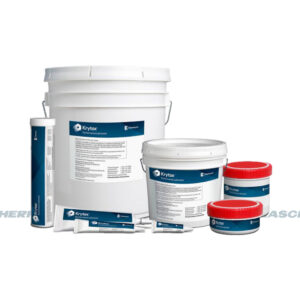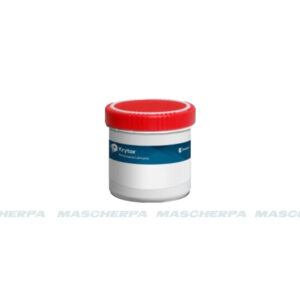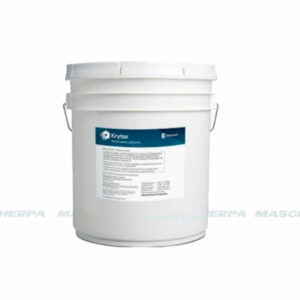Technology for industrial lubricants
Perfluoropolyether (PFPE)-based lubricants.
Perfluoropolyether lubricants, in the form of PFPE oils and PFPE greases or fluorinated fats and oils, are a category of synthetic lubricants that use perfluoropolyether as the oil base.
Introduction
Perfluoropolyethers are synthetic polymers derived from fluoroalkylation of olefins, giving the molecules a long and stable chain of fluorine atoms. These molecules are extremely stable and resistant to high temperatures, oxidation and corrosion, and have low attritivity.
Properties
- PFPE lubricants are used in applications that require lubrication under extreme conditions, such as in high-pressure environments, high temperatures, and in the presence of aggressive gases or radiation. They are used in a wide range of industries, including aerospace, electronics, chemistry, semiconductor manufacturing, laboratory equipment, compressors, and turbines.
- In addition, PFPE lubricants are used in environments where chemical purity is critical, such as in semiconductor manufacturing or the use of critical equipment in laboratory environments. They provide excellent lubrication over a wide temperature range, from -70°C to over 300°C, and are also highly inert and can protect equipment in the presence of highly reactive chemicals. They also exhibit excellent compatibility with a variety of plastics and elastomers, are nonflammable, and have low toxicity.
Products
All products for Perfluoropolyether (PFPE)
Filter products by their attributes: brand, technology, applications…
Reference categories for Perfluoropolyether (PFPE)
Continue browsing the Mascherpa site
Latest articles on Perfluoropolyether (PFPE)
Sign up for newsletter to receive upcoming articles
Read PDFs on Perfluoropolyether (PFPE)
- There are no PDFs yet for: Perfluoropolyether (PFPE), ask the expert if you need an SDS or Data Sheet
Industries
Select your product starting with the relevant industry.



